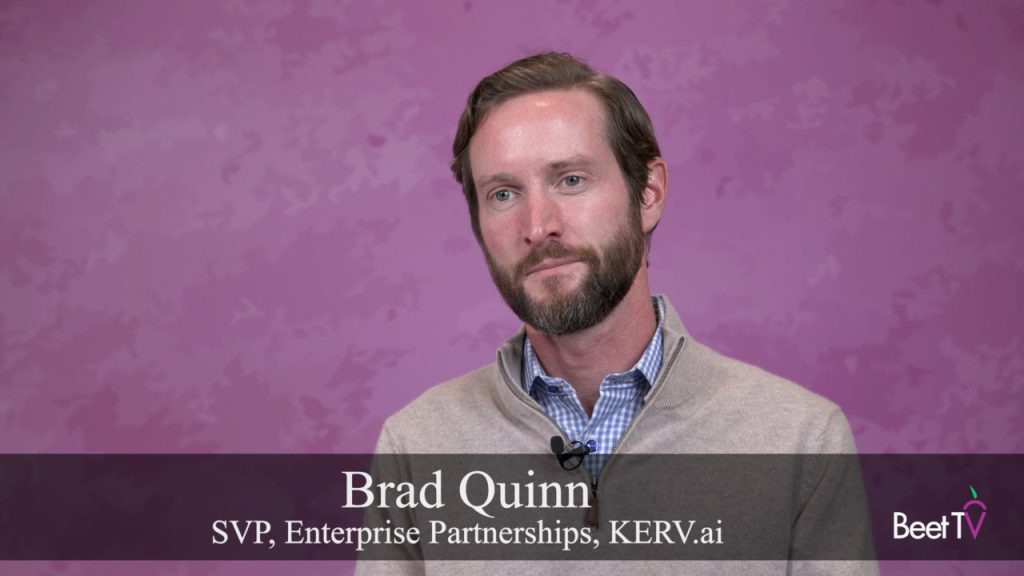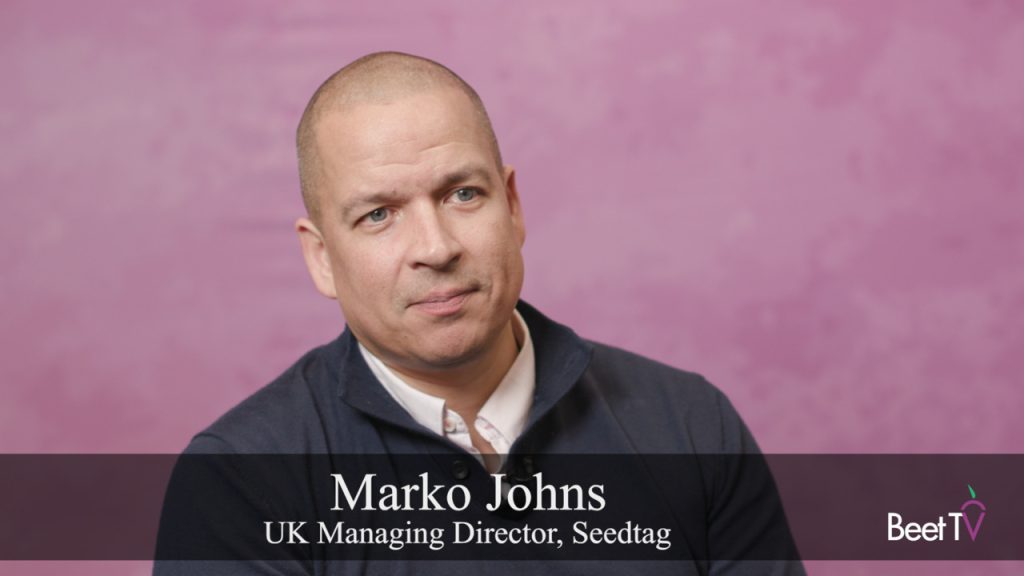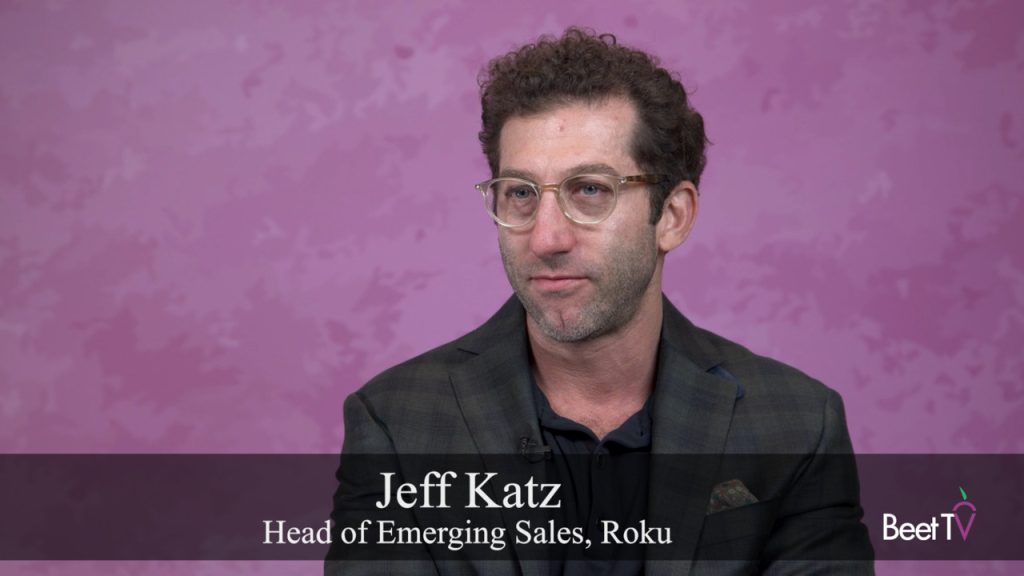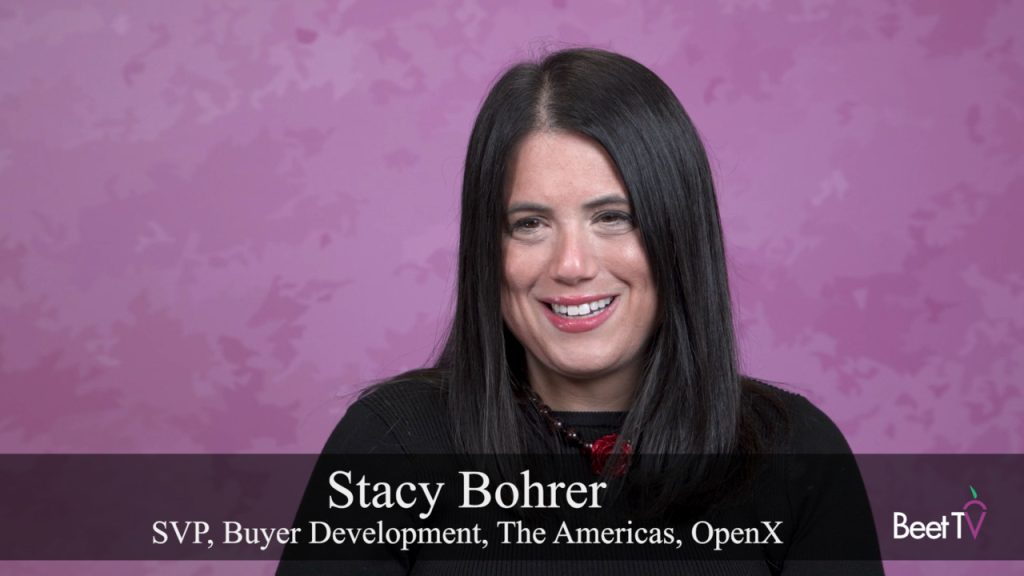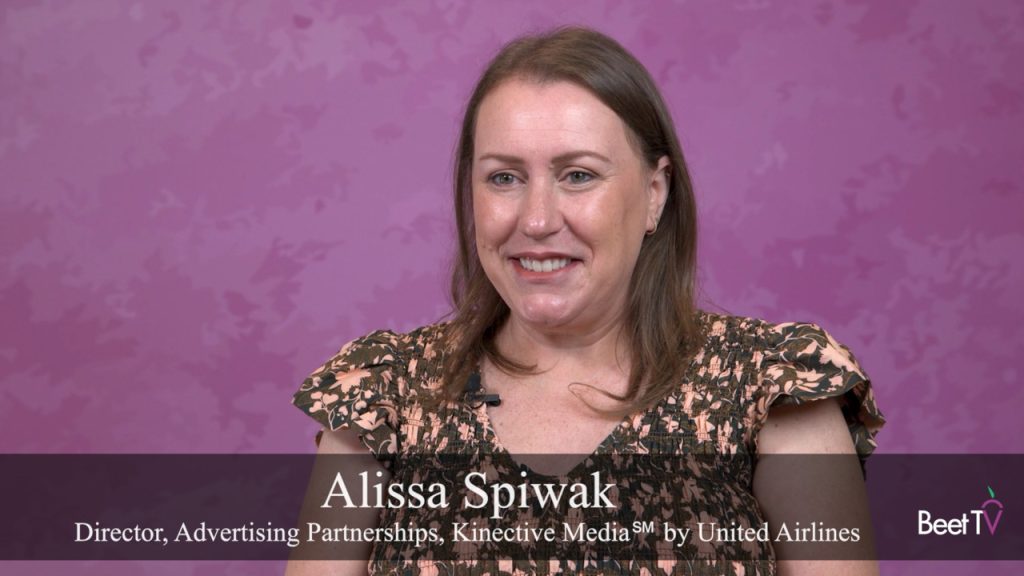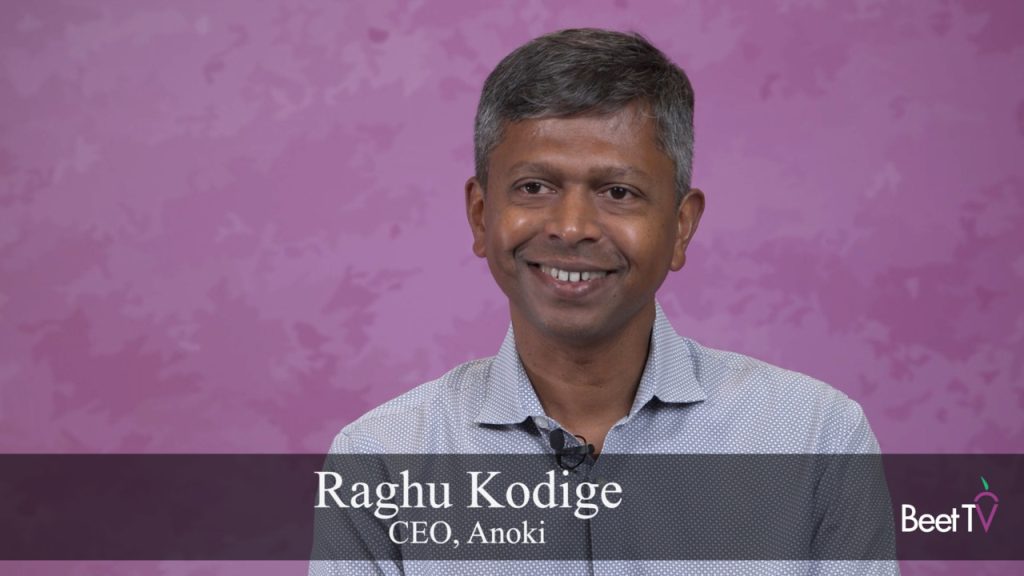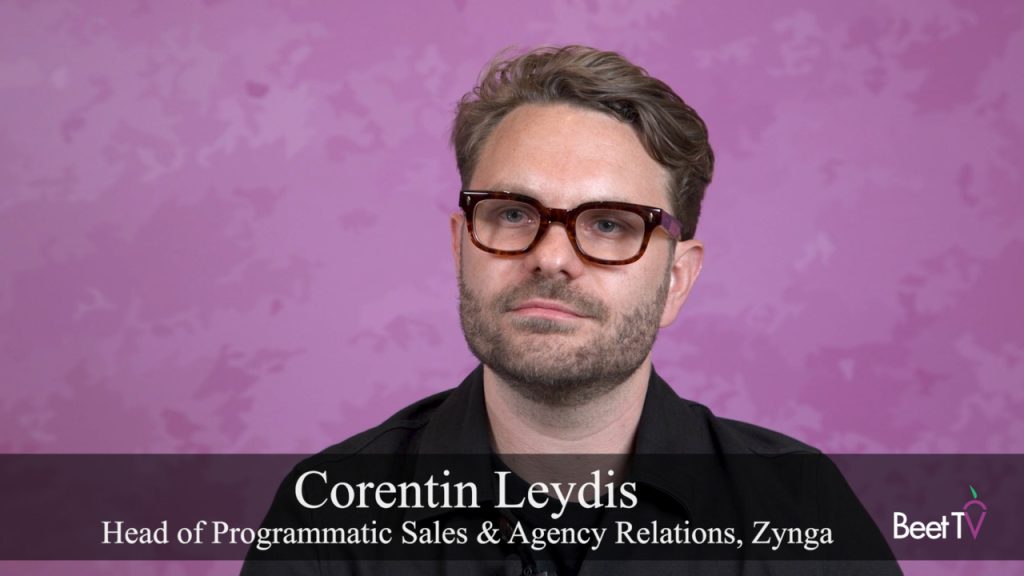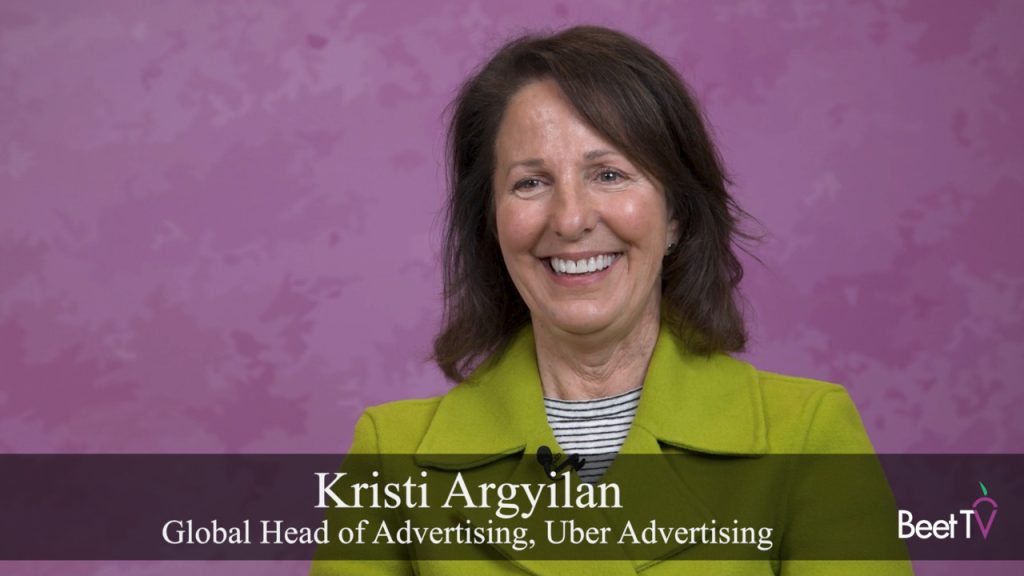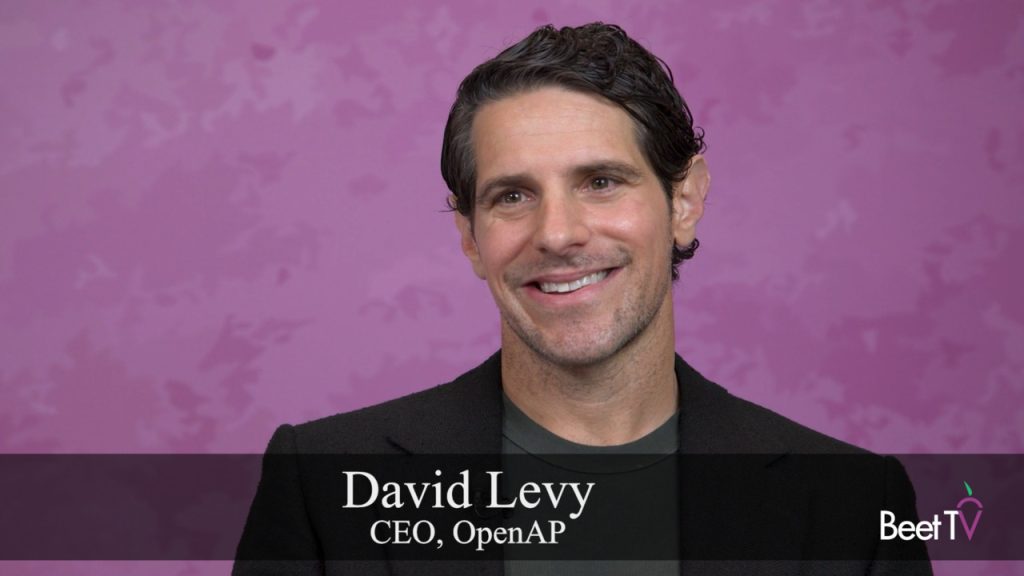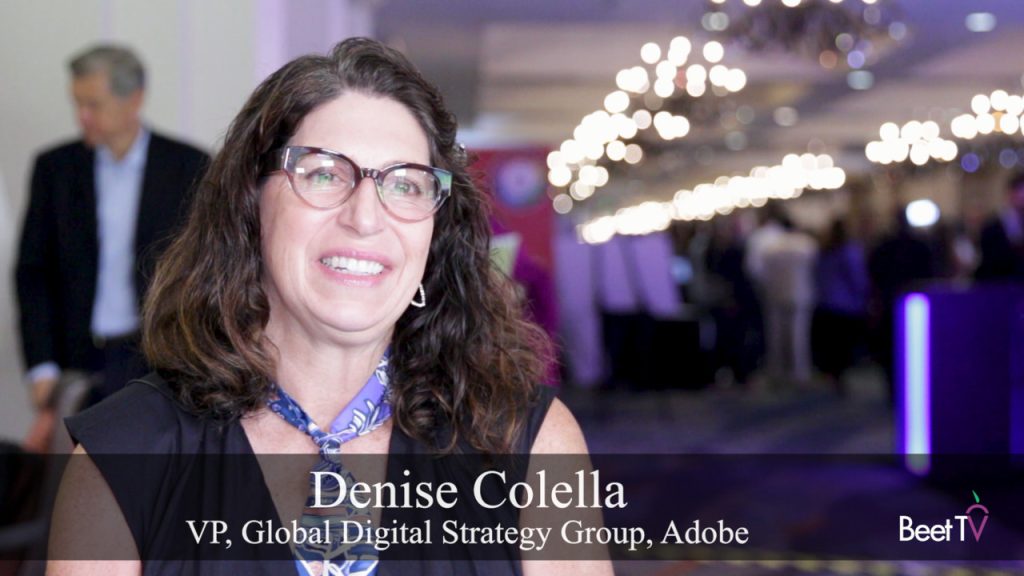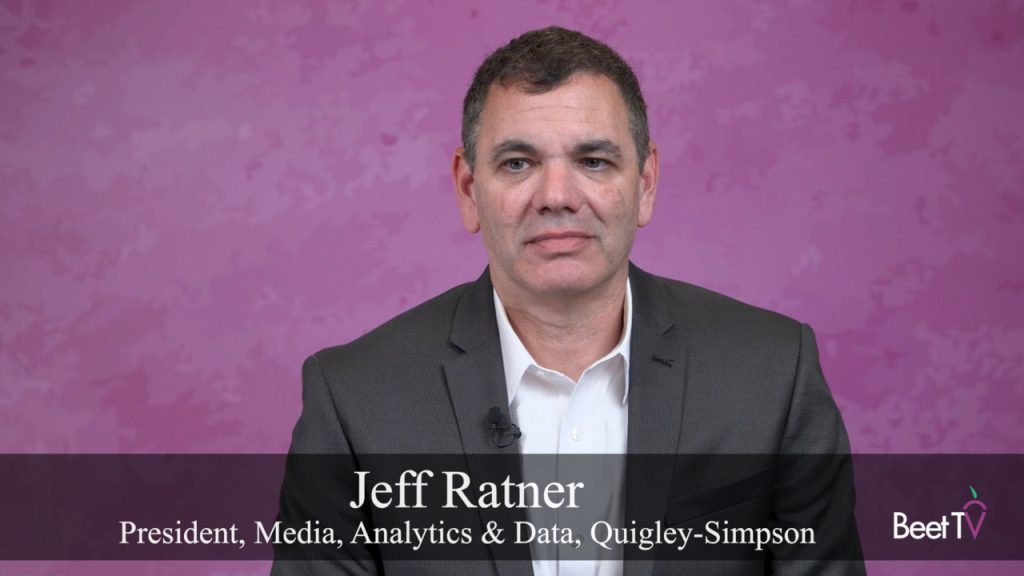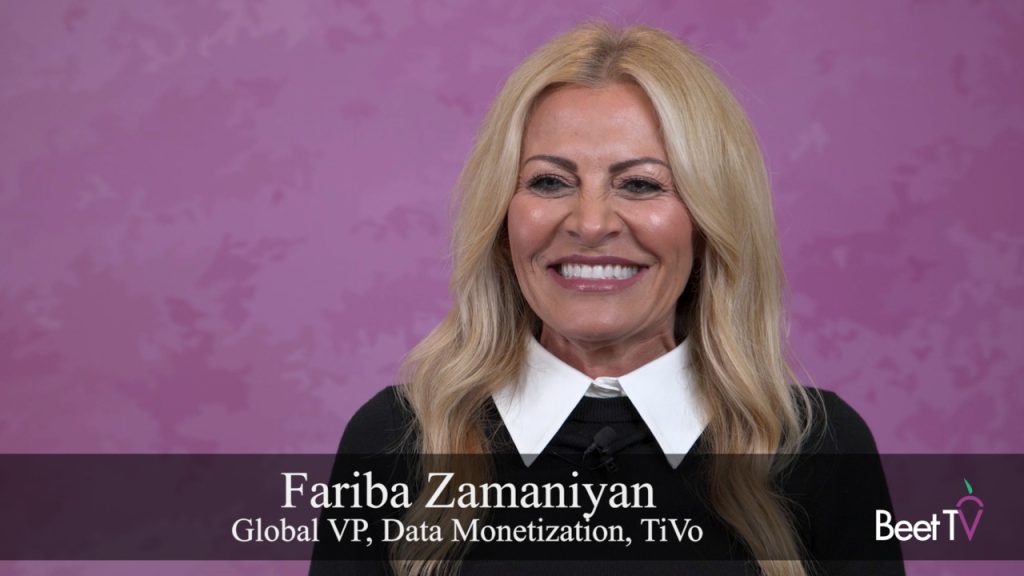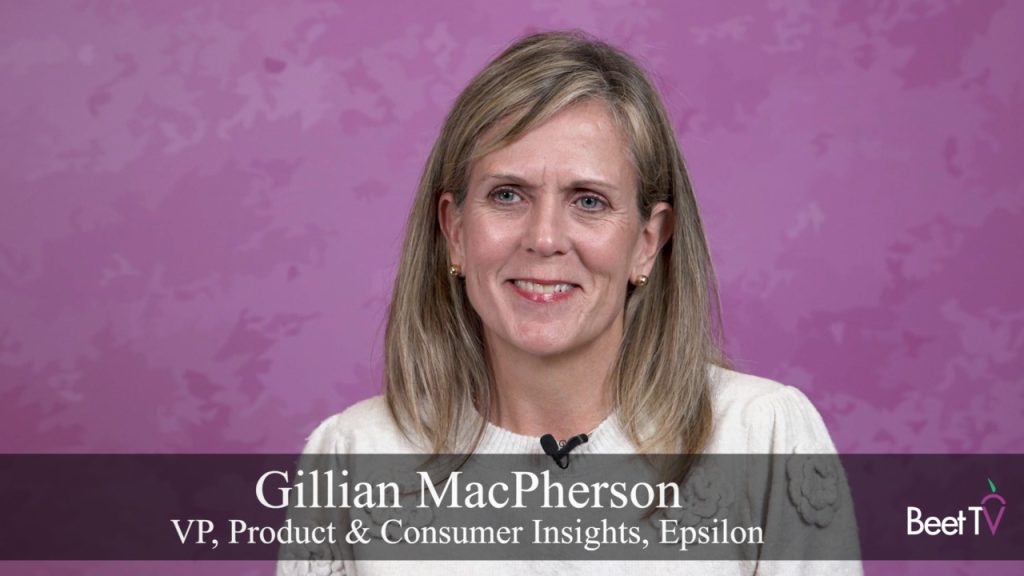NEW YORK – Marketing needs to become more relevant to corporate business outcomes, while the digital walled gardens suffering from hygiene issues need to clean up their act, according to Bank of America’s Lou Paskalis.
For starters, agencies need to perform a basic assessment for their clients and not avoid tough challenges, Paskalis, who is SVP, Consumer Engagement & Media Investment, explains in this interview with Beet.TV at the 4A’s Data Summit, where he was one of the featured speakers. That assessment should include asking:
• Does the client actually have a really strong customer lifetime value model?
• Is the marketing organization mapped to that?
• Does the client actually have a Customer Data platform and is the marketing and media function represented in those discussions along with analytics and technology?
• What is the client’s attribution solution? Does it truly have multi-touch in place that’s taking into account first and third party?
“If the answer to any of those questions is less than 100 percent, that’s where the agency needs to focus and they need to bring the clients along the journey,” Paskalis says. The way to make marketing more relevant to business outcomes is to “ensure that marketing has the right seat at the right table and is able to advocate for what we really think from a holistic customer perspective,” he adds.
Identity solutions remain a huge hurdle, according to Paskalis, who believes “the reality is we need to innovate around identity.” Being able to determine whether ad messaging is reaching the same people on different platforms facilitates the delivery of episodic creative. “If we don’t do that, we run the risk of becoming irrelevant. As the social media algorithms get more and more precise around putting things in front of you that are exactly relevant to you, marketers need to build muscle memory in that same area.”
An outspoken critic about brand safety on digital platforms, Paskalis sees much more work that needs to be done, particularly within the walled gardens of digital publishers who do a good job of protecting their own data but are lacking when it comes to rooting out fraud.
“I’m tremendously concerned about the hygiene in the digital space,” he says. “Programmatic has been the single worst thing that’s happened to the advertising industry and it’s the only salvation of marketers going forward.”
There need to be more conversations around the issue, but with some preconditions.
“The walled gardens need to become transparent. They can no longer say ‘we’ve got this’ when in fact they can’t do long division and addition, they can’t provide a brand-safe environment, they can ‘t ensure that the people you’re talking to are actually people with both pulse and respiration.”
He’s excited about the work by companies like TrustX, which bills itself as the cooperative, private marketplace for the world’s must trusted brand marketers and premium publishers.
“We need more of that and we need that to be working in behind the walled gardens as well.”
This video was produced at the 4A’s Data Summit in New York. Please find other videos produced at the conference here.








